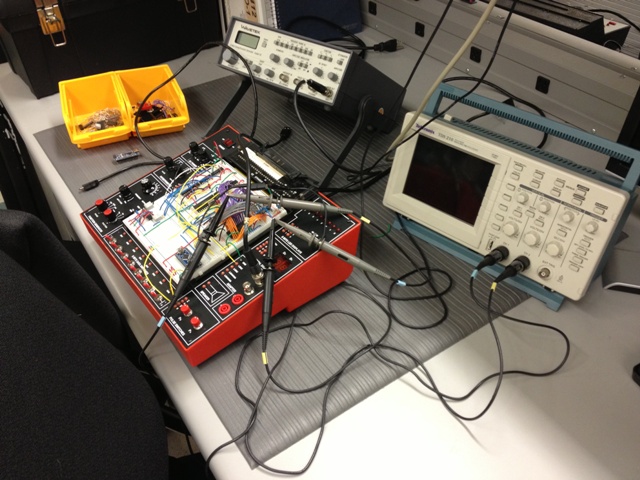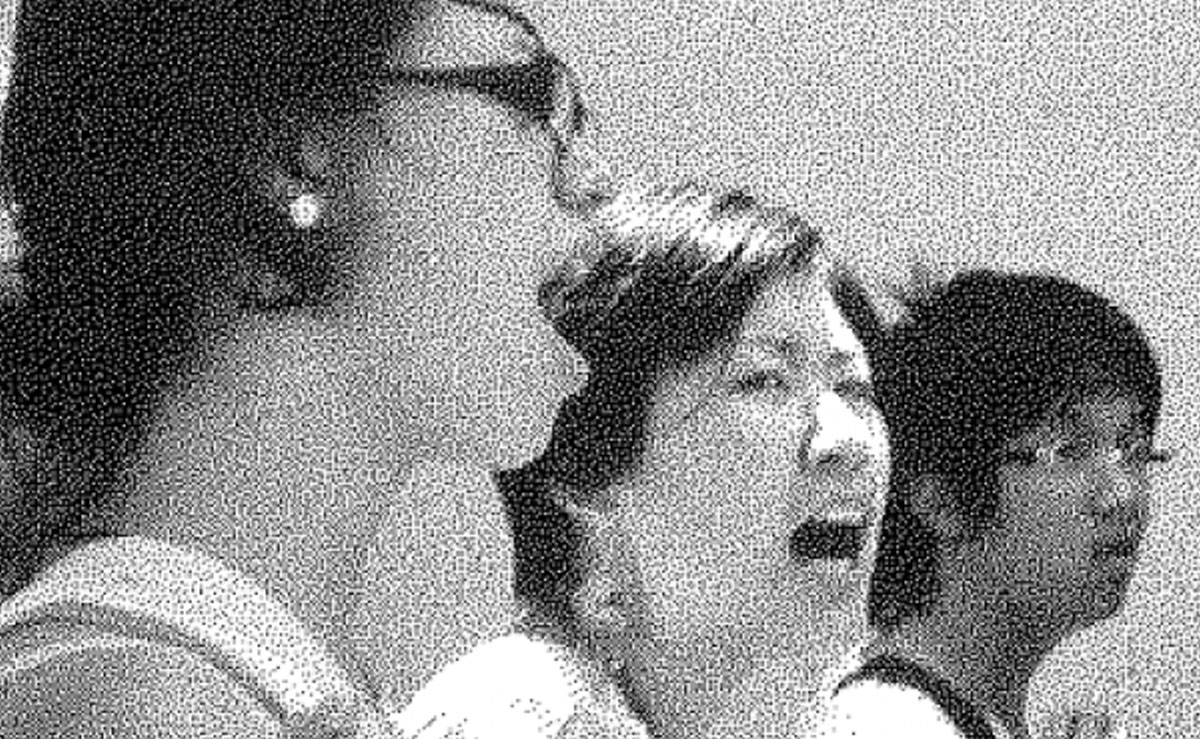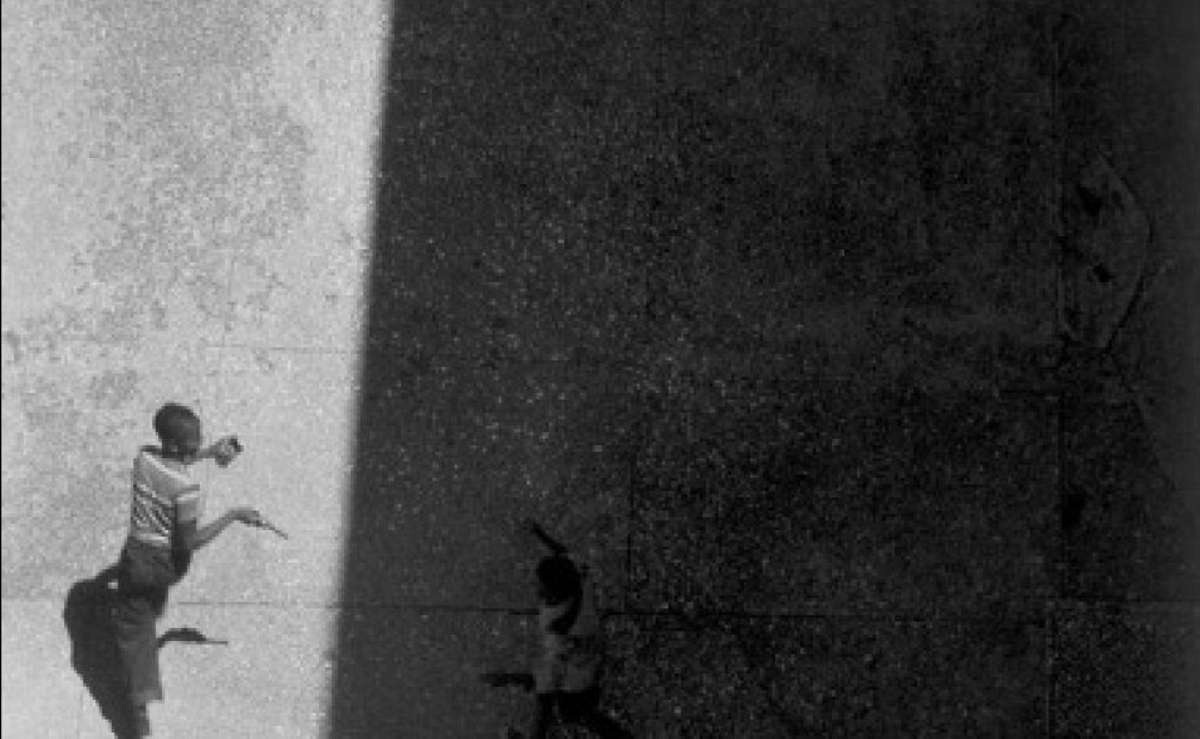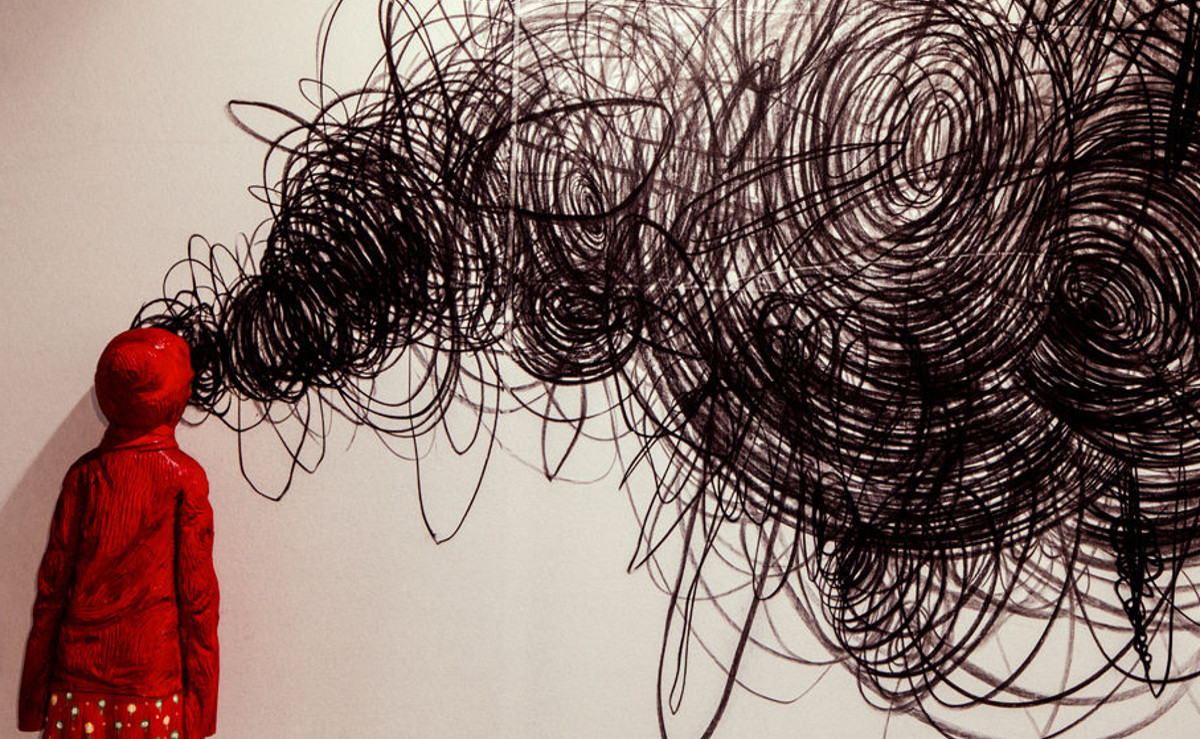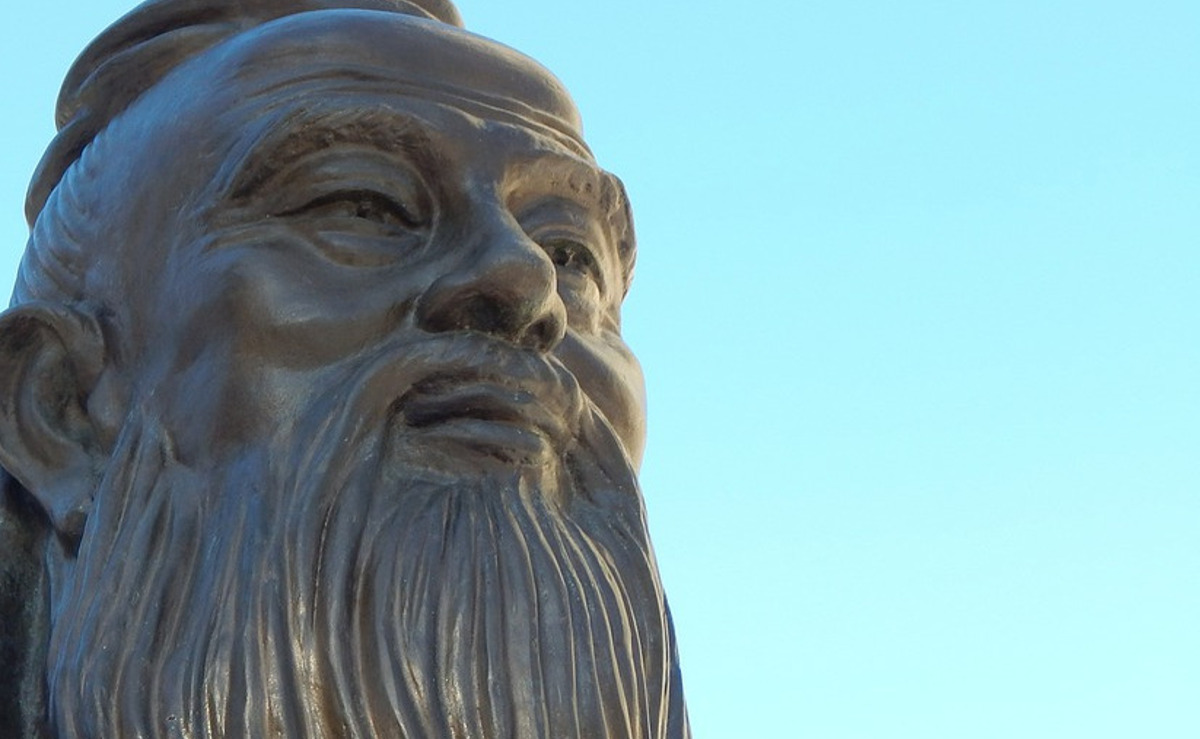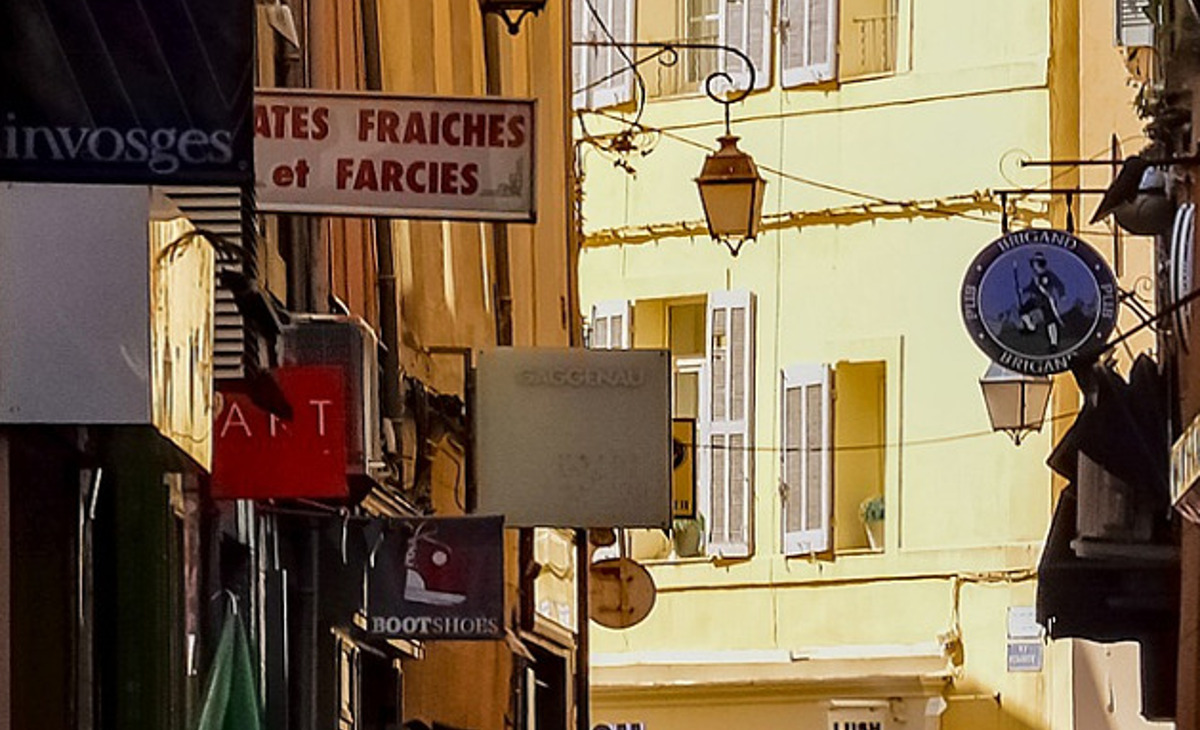A laboratory course that focuses on basic electronics techniques, digital electronics, and data acquisition and analysis. Topics include introduction to digital and analog electronics, digital-to-analog and analog-to-digital conversion, microcomputer sampling, and data analysis.
Author: Ben Johnston (Page 5 of 10)
Ben Johnston is Senior Educational Technologist in the McGraw Center for Teaching and Learning, a unit of the Office of the Dean of the College, Princeton University.
Exploring Asian Americanism through archives, personal narratives, and other texts, this course focuses on the role of history in producing current conditions and our understandings of them. In these tasks, particular attention is paid to racism and antiracism, war, and decolonization.
Students in this course explore the transformation of urban life in the 20th and 21st centuries through an exploration of selected works by African American and African diasporic writers, artists, and intellectuals. Students discuss sociological studies, novels, poems, music, and experimental works that interrogate fictions such as urban development, revitalization, and even gentrification.
This course introduces students to major theories and debates within the study of Caribbean literature and culture with a particular focus on the idea of catastrophe. Reading novels and poetry that address the historical loss and injustices that have given shape to the modern Caribbean, students explore questions of race, gender, and sexuality and pay considerable attention to the figure of the black body caught in the crosscurrents of a catastrophic history. A course website serves as a virtual exhibition space for the course.
This course focuses primarily on the Confucian tradition, investigating topics related classical Chinese Philosophy from Confucius through to Hanfeizi, a brief look at Chinese Buddhism, and the development of Song and Ming Dynasty Neo-Confucianism. The webste for Introduction to Chinese Philosophy hosts reading responses in the course and contains additional tools allowing student responses to be made visible to other course participants only after the lecture has occurred.
FRE207F is an intensive, four-week language immersion program held in Aix-en-Provence during the summer of 2018. During their stay students conduct projects related to sociolinguistics and documenting the linguistic landscape of southern France.
Studio 454 is the on-line studio for our work in Transcultural Cinema (ANT 454, spring 2018). Discussion of online video is facilitated by time-coded annotations and screenshots.
Swine flu. Zika. SARS. While these and other communicable diseases are biological phenomena, our efforts to contain them reveal a preoccupation with enforcing literal and metaphorical boundaries. In turn, our fascination with images of infection—from zombie fiction to news about “viral” cyber attacks—highlights a fear of contaminating “us” with “them.” In this Writing Seminar, students explored contagion from a bio-cultural perspective and ask: How is the spread of epidemics influenced by beliefs about race, gender, and culture? What are the limits of biomedical terminology in describing nonbiological threats?
Students developed podcasts centered on the idea of fictional contagions.
This seminar encourages the integration of digital storytelling tools–audio, video, still images, graphical material–with journalism’s foundational skills of rigorous observation, analysis, and writing. The course explores the forces of vision and voice in non-fiction, the tensions between reporting the story and telling it, and how the best writers bring them into harmony.
Knowledge about the world transformed over history: civilization, empire, East-West encounter, and postcolonial homelessness are frames that link identity and space. Reading travelogues by Koreans and about Korea, this course attempts to analyze the epistemic coordinates of travelogue that produces knowledge about self and other and to note the changing historical contexts around Korea, which defined the modes of mobility for shipwreck survivors, prisoners of war, Christian missionaries, Japanese colonial officials, and communist guerilla fighters.

